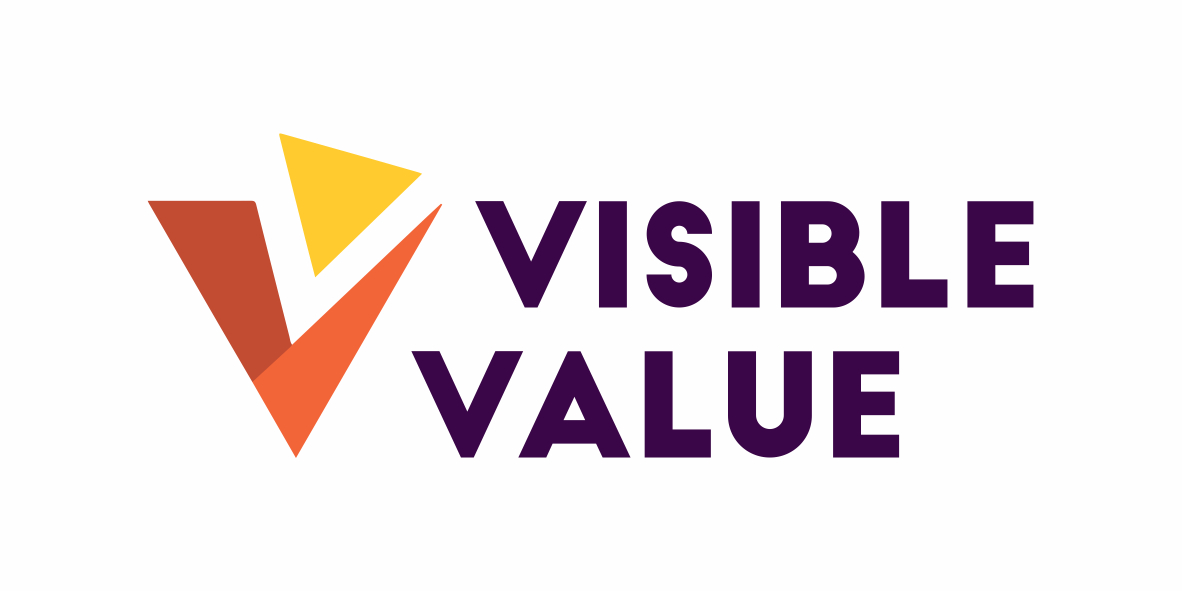Country Snapshots: Recognition of Youth Work
This section of the Visible Value aims to provide a quick overview of the state of the affairs about the recognition of youth work in the countries covered by EU-CoE Youth Partnership. In total it covers 53 country profiles (including 3 profiles for Belgium and 4 profiles for the UK).
The content in this section is based on several sources, including:
- Country reports on youth work collected by EKCYP correspondents: https://pjp-eu.coe.int/en/web/youth-partnership/country-information-youth-work
- EU Youth Wiki - an online platform presenting information on European countries' youth policies: https://national-policies.eacea.ec.europa.eu/youthwiki
- Forthcoming national contributions of the Non-programme countries to EU Youth Wiki
- An additional survey done by the editors of the Visible Value in 2021
The sources of information are indicated at the end of each profile.

Within National Youth and Sports Policy Document, youth work has been divided into 13 policy fields and elaborated separetely. Even so within this document the scope, content and definition of youth work and youth worker have not been specified. The "youth work" concept has remained in general use as representing the work for the benefit of young people in terms of empowerment, participation and advocacy. Equally, youth worker without being specified in a legal document has come into use as denoting youth experts, youth leaders and workers in the civil youth sector apart from public youth sector. In this prespect, youth work denotes a broad term covering a wide variety of activities of a social, cultural, educational, environmental or political nature targetting the good of young people. Youth workers can be either paid or volunteers. Their working procedures can rest on formal as well as informal learning processes.
Even though there is not an unified and overall competency-based framework for youth workers, there exist competency descriptors for different occupations subsumed under the “youth worker” working in public youth sector. (youth and sports experts, youth leaders).
- Article 58 “Protection of Youth” of the Constitution of the Republic of Turkey
- Decree Law on Organisation and Duties of the Ministry of Youth and Sports
- National Youth and Sports Policy Document
- 1 Presidential Decree regulating the foundation and tasks of the Ministry of Youth and Sport
The youth work and youth worker as terms or definitions are not referred to in the above-mentioned legal texts. At the same time, the notions of youth work and youth worker are represented in these legal texts.
Youth workers as recognized agents of youth work are represented in two modes: Youth and Sports Experts and Youth Leaders. Still, these two legally definite terms do not exhaust the whole field of youth workers in Turkey, so there are many youth workers particularly functioning in civil youth sector without being named youth and sports expert nor youth leader.
First step of the becoming of youth and sports expert is to enter office as an assistant youth and sports expert after having passed several exams. And following steps are to be taken:
- 3 years experience in assistant expertship
- Passing the qualification exams for promotion to youth and sports expertise.
- Succeeding in foreign language exams
- Writing a dissertation on youth
These criteria ensure an occupational profile standard for youth and sports experts.
The subjects of the development training courses delivered to the youth leaders as required in the the Directive by the Ministry of Youth and Sports on Principles and Procedures of Development, Training, and Working of Youth Leaders are as follows:
- Ministry of Youth and Sports
- Youth Centers
- Leadership and Youth Leadership
- Institutional Culture
- Fundraising/Sponsorship
- Relations with Non-governmental Organizations
- Project Cycle and Stakeholder Analysis
- Volunteering
- Community and Disadvantaged Groups
- Historical and Cultural Values
- Values Training
- Thematic Training Courses
- Fighting Harmful Habits
- Event Design
- Event Groups (Drama, Theater, Music, Literature, Folk Dances, etc.)
- Fundamental Rights and Liberties
- Youth Psychology
- Developing Youth-Friendly Approach (Peer Training)
- Youth Information
- Time Management
- Problem Solving
- Team Management/Group Work
- Communication Skills
- Etiquette
- Diction
- Motivation
- Social Media and Internet
(From the Youth Wiki)

